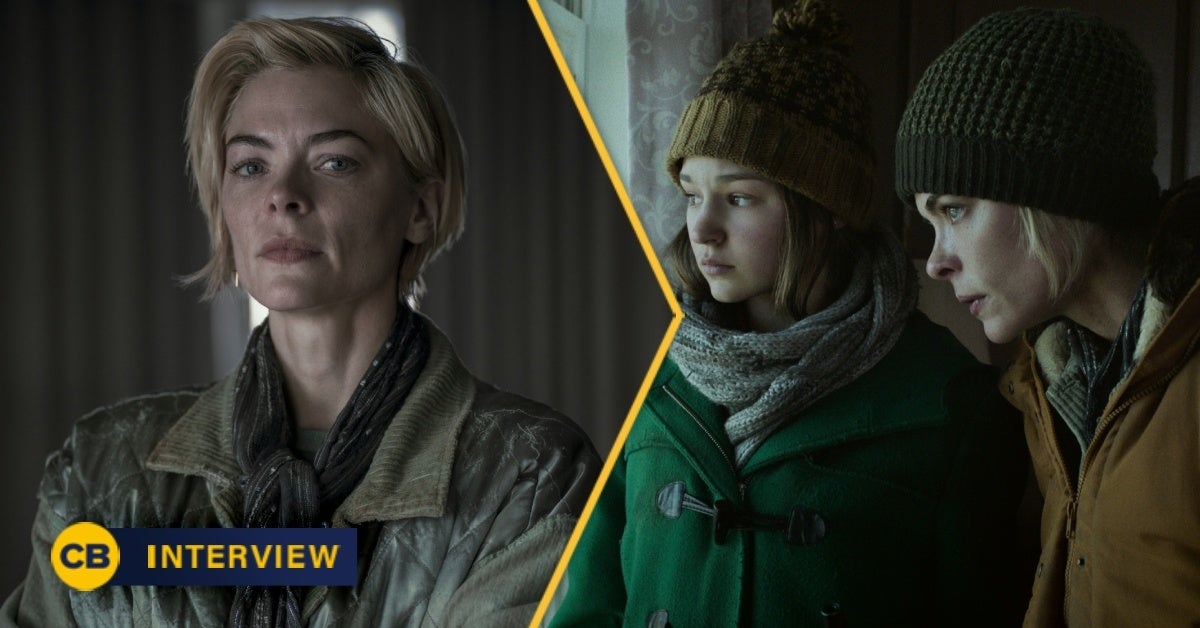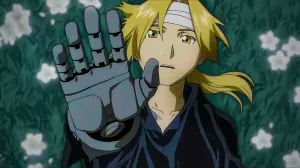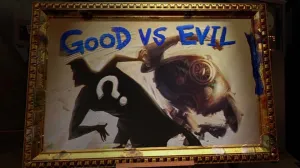The sophomore season of Black Summer arrived on Netflix on Thursday, over two years after the zombie apocalypse series first made its debut. The show, which was initially regarded to be a sort of spiritual spinoff to SYFY’s Z Nation, has taken on a life and reputation of its own, as viewers relished in its unique take on the tropes of the zombie world. With Season 2, the series plunges its human characters head-first into a bleak, zombie-filled tundra — but still finds ways to provide hope, with themes that feel especially relevant following the past year of the COVID-19 pandemic.
Videos by ComicBook.com
One of the instrumental creators in bringing Black Summer to life is Jaime King, who both produces the series and stars in it as Rose, a mother whose harrowing fight for survival evolves in some poignant ways over the course of the season. In celebration of Season 2’s debut, ComicBook.com got a chance to chat with King about the journey of bringing the batch of episodes to life, especially amid the pandemic. We also spoke about Rose’s personal journey, the positive response to Season 1, and where the series could go next.

ComicBook.com: What did you think about the response to Season 1 of Black Summer? It definitely seemed like people resonated with it when it first came out.
Jamie King: What did I feel? Really thankful, honestly. Really thankful and really excited, because we were taking risks by stripping dialogue and shooting things in ways that people don’t normally do, not giving backstories. All of it was really exciting, to get to have the creative freedom to make something that matters to you, and do it in a way that it’s like “Okay we’re giving this back to the audience and just switching things up,” and being able to sort of blend our ideas of what was happening in the world into different genres. That it was so well received was, really, a gift.
It feels like Season 2 takes on a whole other meaning, especially with the circumstances of the COVID-19 pandemic. How does it feel to have this season come out, and know that it will probably impact people in that kind of way?
I mean, it’s extremely emotional. It felt very prophetic in a way, because we shoot in order, and we were the first back up for Netflix during the pandemic. [As a producer] and as the star of it, I knew “If anyone can get through this, it’s us — our cast, our crew.” If anything, it truly informs the performances, where there was such a high intensity and high experience. We shot the first four episodes as the pandemic was coming, and then the last four episodes during the pandemic. To watch the process of everyone coming together to tell this story — watching the dailies and seeing how it all came to life, and keeping people employed throughout COVID, because we had shot consecutively.
And then [there’s] the meaning of it, right? We were discussing, before the writers room for season two, what it would look like. But it was very interesting that the themes that we discussed actually started to happen in real life. So that made it a really powerful experience.
I really loved the dynamic between your character and her daughter, and I feel like that is a really amazing thing to see across the whole season. What was it like to kind of explore that across Season 2?
With Zoe, before we started Season 2, she was imperative for me in terms of the storyline. What I really wanted to explore in Season 2 was — what happens when a mother has to essentially teach her child to be a soldier? What does it mean? Rose is dead. The previous Rose from Season 1 does not exist. This is a completely different human being, and the only thing that matters is her child, and the exploration of what it means to literally fight for your life — for your child’s, first and foremost — to get to the next place, to get water or shelter or food.
Zoe and I are very, very, very close, and to watch her thrive and shine as an actor, and our deep connection with one another [is amazing]. This exploration of — even though all of this is happening, it’s still a relationship between a mother and a young woman that is growing up in a completely different world. What is their response to it? She’s still going to lash out, and she’s still going to be defensive. We still explore the mother-daughter relationship, internally and externally.
What would you say surprised you the most while working on Season 2?
The pandemic. What surprised me the most? Honestly, one of the most surprising things is — We always [improvise] in the moment, and just use a script as a blueprint. We all essentially improv with Wes, our camera op, and Johnny, our showrunner. And one of the biggest surprises, frankly, was that we were very concerned about the weather aspect, because winter is almost like a villain character in the show. When we went back up there, we were shooting where they shot The Revenant. On these mountains, it just magically started snowing, and everything was covered in snow. And we all just started crying, because we were like “How does this happen?” We thought we were going to have to [fake it]. We had figured out a way to make it work, but it really, truly felt like we were not just blessed, but — I can’t describe, really, the magic of that.
What do you hope people take away from Season 2, especially given the real-world significance of it all?
I hope that they take away that there’s always hope. That no matter what it is that you’re going through, you can fight. You’ll learn, you’ll change, you’ll adapt to circumstances. You’ll lose that which you love, but you’ll gain knowledge and awareness in ways that you never expected.
Ultimately, I just want people to be entertained and moved, and to give the audience something that makes them feel less alone and makes them feel everything that they need.
If Black Summer does get a third season, what can you tease about where that would go, and what your approach to that would be?
Oh gosh, I don’t know if I’m allowed to say this. Hypothetically speaking, I would center it on different chapters, where we are exploring sort of three central figures in different places. But that’s just — I don’t know, sketches.
***
Season 2 of Black Summer is now available to stream on Netflix.
This interview has been lightly edited for clarity and length.








